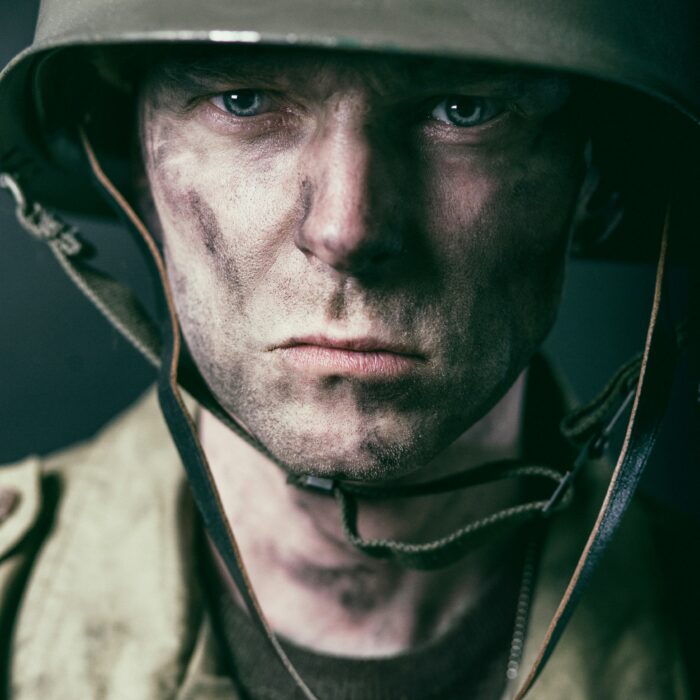You have no items in your cart. Want to get some nice things?
Go shopping
Up there, somewhere in the unfathomable distance, the last waves throw back their great heads and collapse onto the moonless surface—the final white froths fizz and fade until there is silence. Vague, grey light scratches at the dark, salty dermis with blunted claws and broken fingernails, and fails to make a mark. Deeper, and closer, where the limbless crabs and the dead fish, with barnacled plastic soldiers in their bellies, neither float nor sink—deeper still, through the disembodied limbs of ice cold kelp that appear and disappear like phantoms, and into the skull-crushing depths where his darkest moments hide behind shipwrecks and serpents.
This is where he lies. On a mattress that is eating him. Dissolving him slowly. His chest and right cheek have already been digested. Legs, too. He is lying on a tongue of a leviathan—sinking into the stomach lining of a whale. Swallowed whole. The stench of his own fluids mixing with the creature’s juices is comforting, and his impatience is soothed by the certainty that soon all of this will be over. Liquified and liberated. Free to explore the cool oceans among the cells of this enormous beast. Together they will dive deep into the dark depths of the earth and beyond, free from sickness and pain. Rapture of the deep. Blackness behind his eyes darkens and soon everything will be shed. Left with nothing but his shadow, he will traverse the seabed safe in the company of his own, out of reach of the longest fingers and sharpest stares. Protected by this viscid water, this soft, sandy floor. A lost cargo—an old leather suitcase, adhesive disintegrating, his name and his past abraded and torn by the salt.
And as he swims through slitted eyelids, there are shouts from the search party on the other side of the mammal’s flesh. They will never find him in here. It’s too late now. Anxious, angry voices—eager to locate the foreigner lost under the sea—frustrated by the futility. There is nothing that can be done. He tries to respond, to fill his lungs, but his mouth and throat have gone the way of his chest. He thinks as loudly as he can: it’s too late.
The great whale dives and he spins slowly—legs rising, head falling, around he goes, again and again. All about him, wreckage and empty treasure chests, corpses and shoes, rags and fragments of photographs that hang amongst the seaweed and scaly carcasses in the wash of the cetacean’s warm acid. But voices still pursue him—clinging onto the dorsal fin, sobbing for him. She has followed him down here. It’s too late. Surely she must realize? No hope for him now. Urgent, desperate, meaningless words float up to the surface and away. A door clatters in its frame and a scream harpoons his dream. He lifts his head from the bed. A cry, footsteps, a distant door slams. There is little to see—a grainy dullness with occasional calcium highlights—the bones of fellow seafarers.

Sef Hughes
Sef Hughes is a copywriter who is currently working on his first novel and a collection of short stories. He was born in Stirling, Scotland, and has lived in the USA and the Netherlands. He now lives in Robin Hood’s Bay, a tiny fishing village in the North Yorkshire Coast, England.




